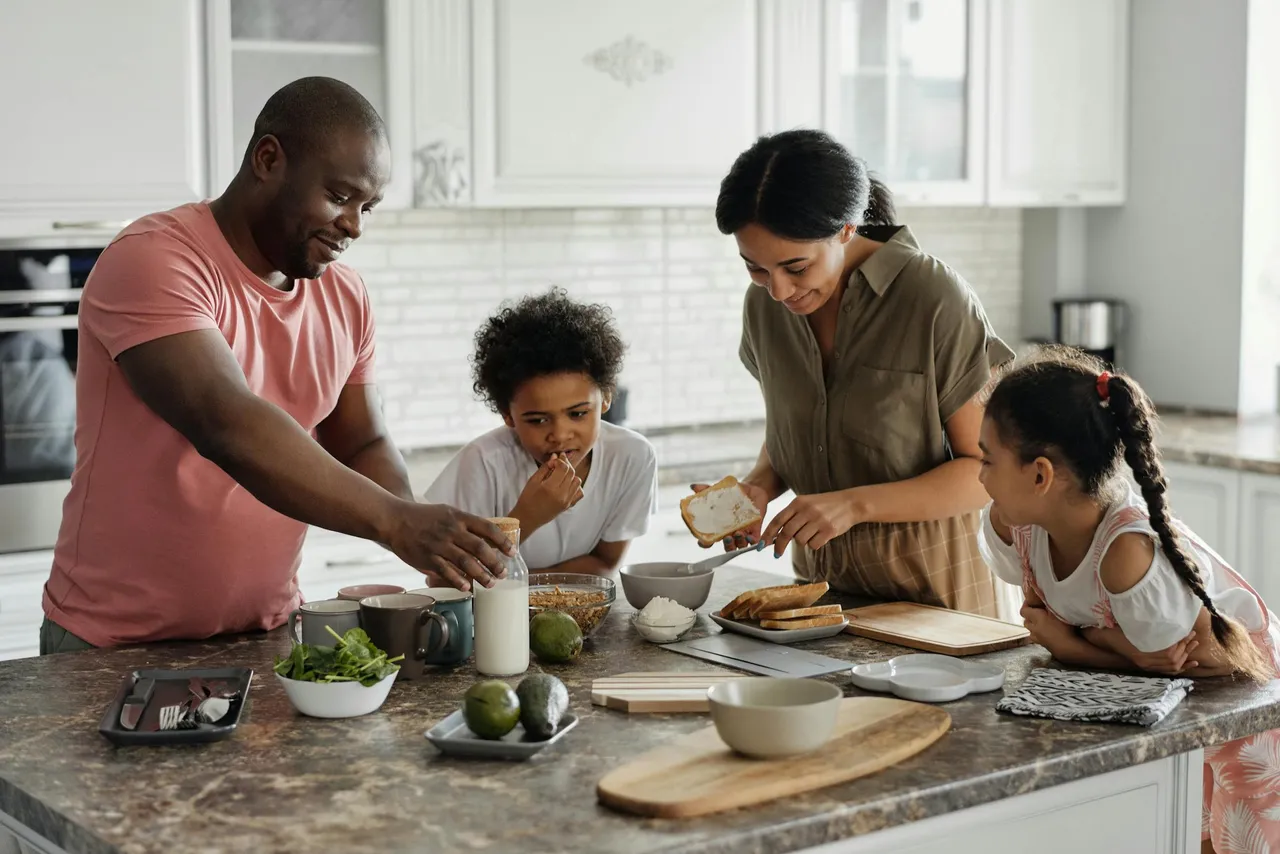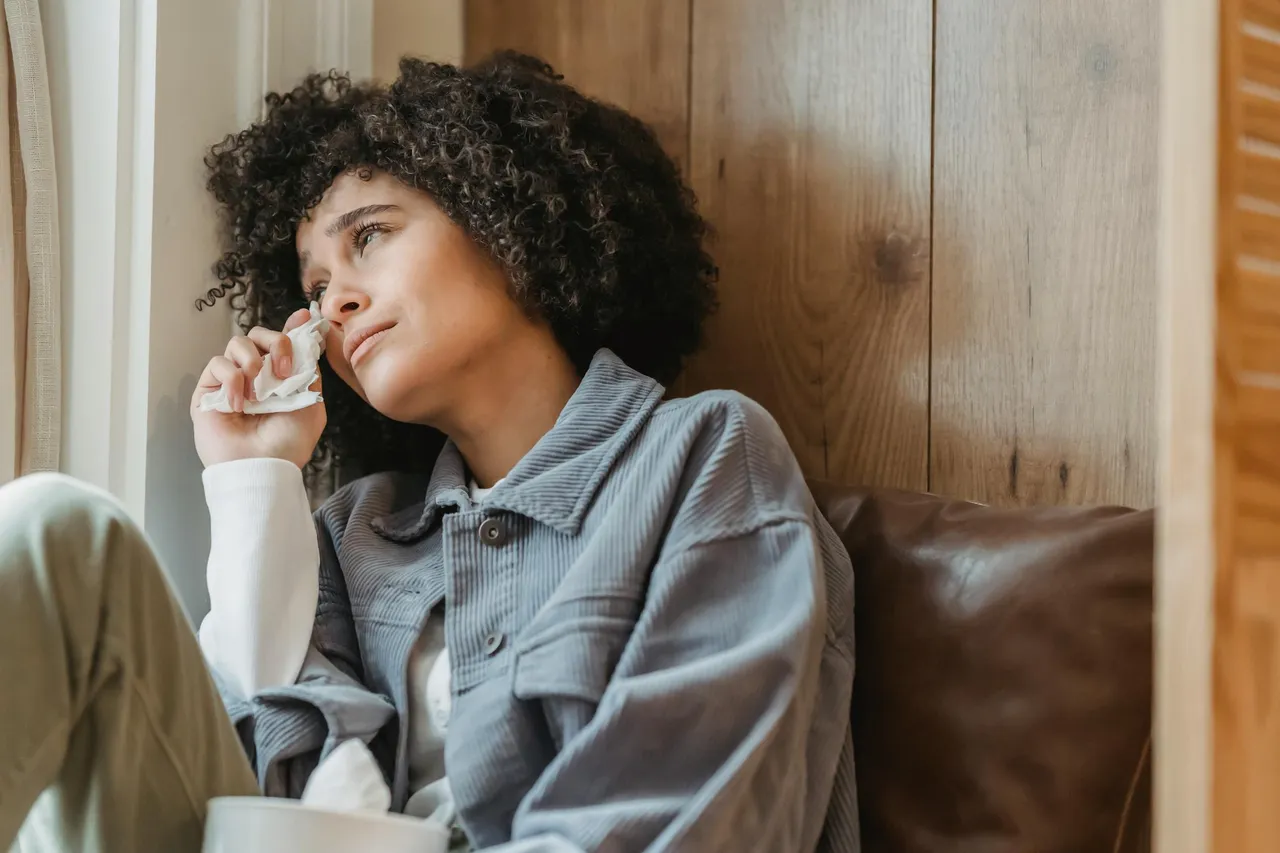
Image Source
What would I do if I found out I was adopted? I’m going through life, believing I know who I am and where I come from, and then I suddenly discover I was adopted. It feels like a heavy blow. I always thought my siblings and I had the same biological parents, but now I find out I’m different. How do I deal with this? Will I feel disappointed, angry, betrayed, or confused? Or maybe I’ll just feel grateful for the love my adoptive parents have shown me. The big question is, could I forgive them for keeping this secret from me all these years? The way I process this news could change everything in my relationship with my family.Finding out that I was adopted would probably throw me into a whirlwind of emotions. I might feel like everything I knew about myself is different now. Thinking about who I am and where are my real parents. Knowing that my siblings are my parents' biological kids while I’m not could make me feel like I don’t belong.
Even if it feels like a betrayal at first, realizing their intentions were likely rooted in love could help soften the blow. It might make it easier to eventually forgive them. Let’s be real—would forgiveness be easy? That’s a very hard question to ask. I’d probably feel hurt and confused, especially since a big part of my identity was kept a secret. My trust would be affected, especially if my parents had chances to tell me the truth but didn’t. Forgiveness would need open conversations and understanding from both sides. . How could this situation have been handled better? should talk to their kids about adoption when they’re young. It should be a normal part of their lives, not a surprise later. If I had known I was adopted from the start, it would have been easier to understand who I am. If my parents kept it a secret, they would need to be ready for a real talk. They should explain why they chose to wait and give me the space to express my feelings—whether that means anger, sadness, or confusion. Avoiding defensiveness and being willing to have tough conversations would be crucial for healing. They’d need to acknowledge my emotions, validate my experience, and help me process the news. That’s a lot to unpack, but it’s necessary for rebuilding trust. I’d need time to figure out my feelings.

Finding out something so big would bring a mix of anger and sadness, but I’d eventually accept it. Over time, I might come to appreciate the life my adoptive parents gave me and the love we share, even if my birth story isn’t what I thought. This discovery might make me curious about my biological roots, and I might want to find my biological parents or learn about my background. But that doesn’t mean I’d forget the love and experiences I’ve had with my adoptive family. Finding out I was adopted later in life would be really hard for me. I'd have to figure out who I am and where I truly belong. The shock would be big for me, but understanding why my adoptive parents kept it a secret could help me heal. Honest talks, empathy, and time would be important to rebuild trust. It’s better if adoption is shared early, but even if it’s not, love and honesty can lead to forgiveness. In the end, family is about love, not blood, and that love would help me get through it.